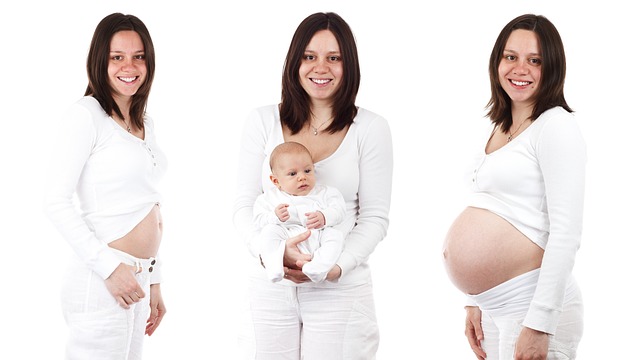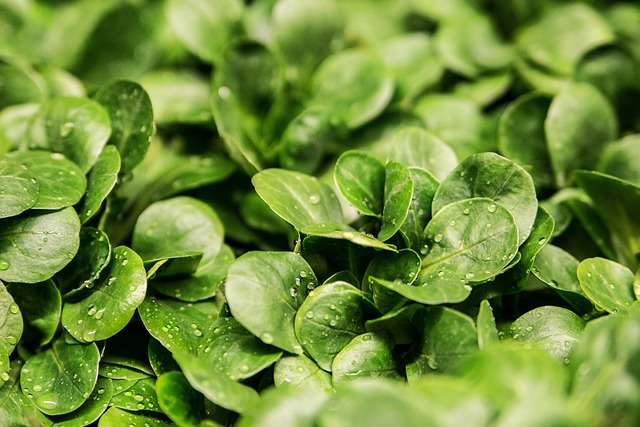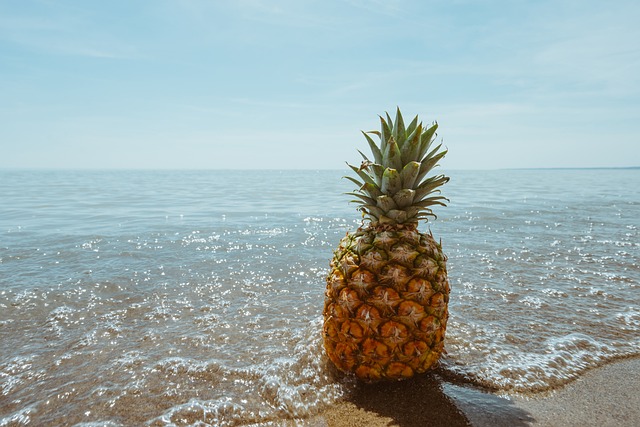Pregnancy is a transformative journey, both physically and emotionally, where the body undergoes significant changes to support the growth and development of a new life. Proper nutrition during this time is paramount, as it not only ensures the well-being of the mother but also plays a crucial role in the optimal development of the fetus. In this detailed guide, we’ll explore the 20 best foods to eat during pregnancy, focusing on their nutritional benefits and how they contribute to a healthy and thriving pregnancy.

1. Spinach
Spinach is a nutritional powerhouse, rich in essential nutrients such as folate, iron, and vitamins A and C.Folate plays a critical role during pregnancy by aiding in the prevention of neural tube defects in the developing fetus. Iron is essential for preventing anemia in pregnant women, while vitamins A and C support immune function and tissue repair.
2. Avocado
Avocados are packed with healthy fats, fiber, potassium, and folate. The monounsaturated fats in avocados support fetal brain development, while the fiber aids in digestion and helps prevent constipation, a common issue during pregnancy. Potassium helps regulate blood pressure, reducing the risk of preeclampsia, a potentially serious condition.
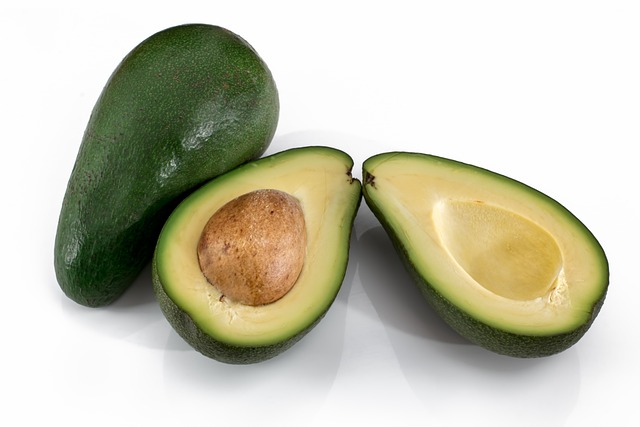
3. Eggs
Eggs are a convenient and versatile source of high-quality protein, essential for the growth and development of the baby’s cells and tissues. They are also rich in choline, an important nutrient for brain development. Additionally, eggs contain omega-3 fatty acids, which support fetal brain and eye development.
4. Greek Yogurt
Greek yogurt is an excellent source of calcium and protein, crucial for the development of the baby’s bones and muscles. Calcium also plays a role in maintaining maternal bone health during pregnancy. Probiotics found in yogurt can help maintain a healthy balance of gut bacteria, which is beneficial for both mother and baby.
5. Salmon
Salmon is one of the best sources of omega-3 fatty acids, particularly DHA and EPA, which are essential for the development of the baby’s brain and nervous system. Additionally, salmon provides high-quality protein and vitamin D, which is important for bone health.
6. Lentils
Lentils are a nutrient-dense food rich in folate, iron, protein, and fiber. Folate helps prevent neural tube defects, while iron is essential for preventing anemia and supporting the increased blood volume during pregnancy. The fiber in lentils aids in digestion and helps prevent constipation.
7. Sweet Potatoes
Sweet potatoes are rich in beta-carotene, a precursor to vitamin A, which is important for fetal growth and development, particularly for the development of the eyes, skin, and immune system. They also provide fiber, which helps regulate blood sugar levels and promote satiety.

8. Walnuts
Walnuts are a good source of plant-based omega-3 fatty acids, which are important for fetal brain development and may help reduce the risk of allergies in the baby. They also provide protein, fiber, and essential vitamins and minerals, making them a nutritious snack option for pregnant women.
9. Broccoli
Broccoli is a nutrient-dense vegetable rich in folate, calcium, vitamin C, and fiber. Folate is essential for fetal development, while calcium supports the development of the baby’s bones and teeth. Vitamin C boosts immune function and helps with iron absorption, while fiber aids in digestion.
10. Lean Beef
Lean beef is an excellent source of high-quality protein, iron, and B vitamins, including B12 and niacin. Iron is important for preventing anemia, while B vitamins are essential for energy production and metabolism. Protein is crucial for the growth and development of the baby’s cells and tissues.
11. Oranges
Oranges are rich in vitamin C, fiber, and water, making them a refreshing and nutritious choice for pregnant women. Vitamin C is important for immune function and collagen production, while fiber aids in digestion and helps prevent constipation. The high water content of oranges also helps prevent dehydration.
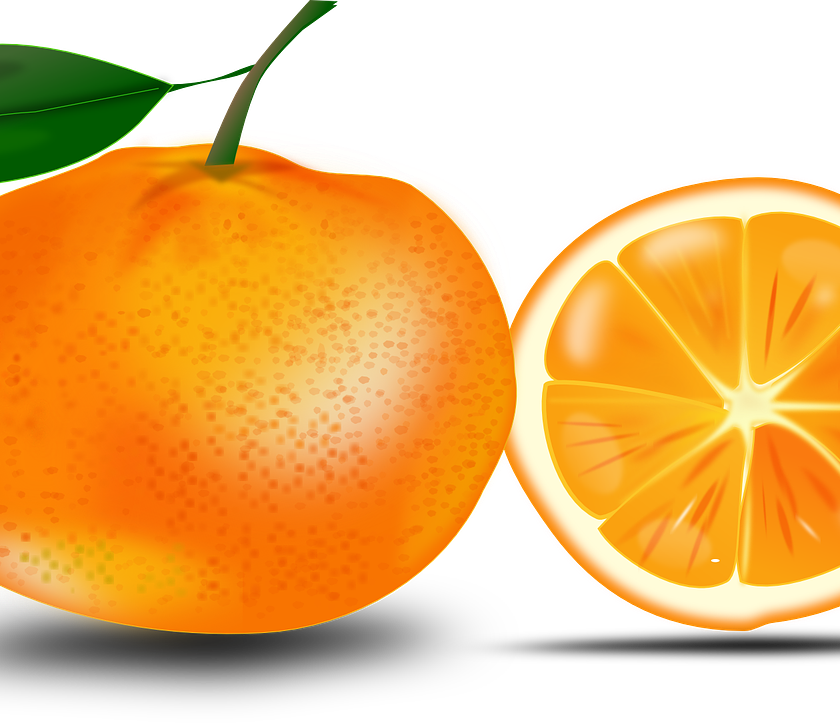
12. Quinoa
Quinoa is a gluten-free whole grain that is rich in protein, fiber, and essential vitamins and minerals, including folate, iron, and magnesium. Folate is important for preventing neural tube defects, while iron is essential for preventing anemia. Magnesium helps regulate blood sugar levels and blood pressure.
13. Dairy Products
Dairy products such as milk, cheese, and yogurt are excellent sources of calcium, protein, and vitamin D, which are important for bone health and development. Calcium also plays a role in muscle function and nerve transmission, while vitamin D helps regulate calcium absorption and supports immune function.
14. Berries
Berries such as strawberries, blueberries, and raspberries are rich in antioxidants, vitamins, and fiber, making them a nutritious choice for pregnant women. Antioxidants help protect cells from damage caused by free radicals, while fiber aids in digestion and helps prevent constipation.
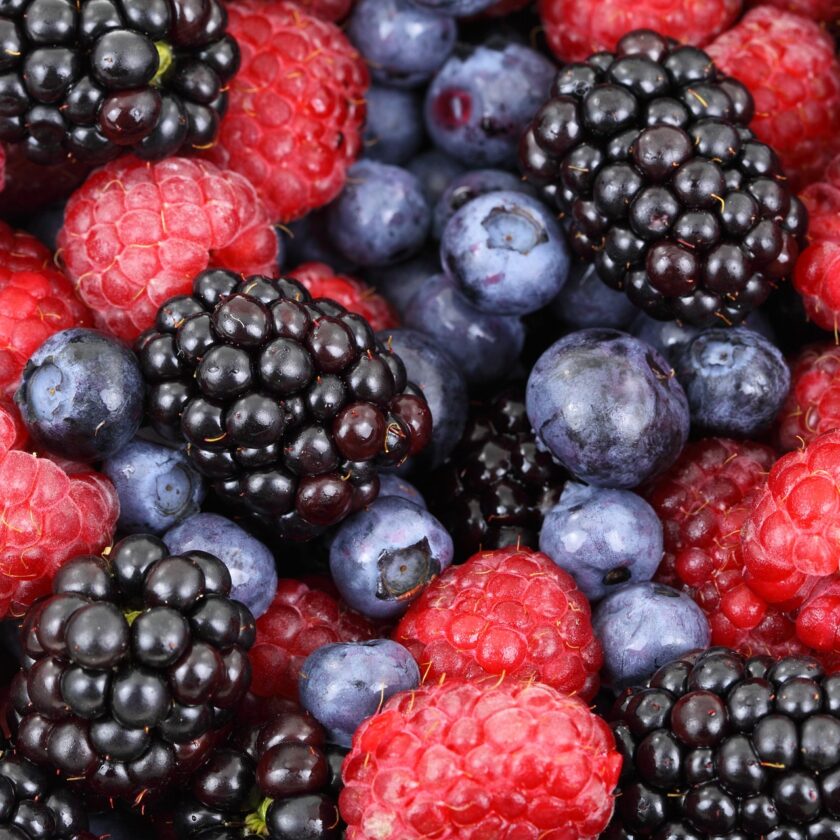
15. Oatmeal
Oatmeal is a whole grain that is rich in fiber, protein, and essential vitamins and minerals, including B vitamins, iron, and magnesium. Fiber helps regulate blood sugar levels and promotes satiety, while B vitamins are important for energy production and metabolism. Iron is essential for preventing anemia during pregnancy.
16. Chickpea
Chickpeas, also known as garbanzo beans, are a good source of protein, fiber, and folate, making them a nutritious choice for pregnant women. Protein is important for the growth and development of the baby’s cells and tissues, while folate helps prevent neural tube defects.
17. Edamame
Edamame, or young soybeans, are a good source of protein, fiber, and folate, as well as vitamins and minerals, including iron, calcium, and magnesium. Protein is important for the growth and development of the baby, while folate helps prevent neural tube defects.
18. Dark Leafy Greens
Dark leafy greens such as kale, spinach, and Swiss chard are rich in vitamins A, C, and K, as well as folate, calcium, and iron. Vitamin K is important for blood clotting, while vitamin A is important for fetal growth and development. Calcium supports the development of the baby’s bones and teeth, while iron helps prevent anemia.
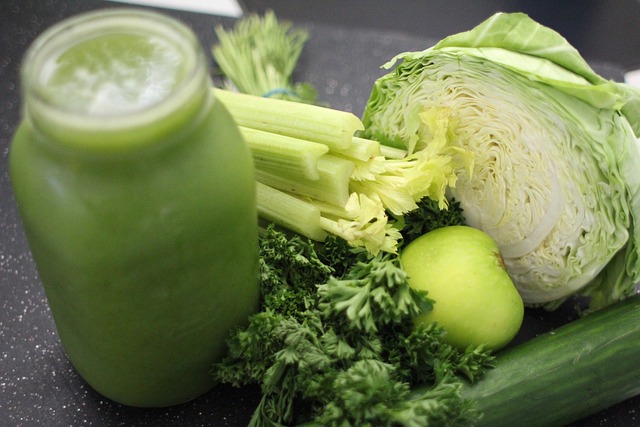
19. Chia Seeds
Chia seeds are a good source of plant-based omega-3 fatty acids, fiber, protein, and essential vitamins and minerals, making them a nutritious addition to the diet during pregnancy. Omega-3 fatty acids are important for fetal brain development, while fiber aids in digestion and helps prevent constipation.
20. Lean Poultry
Lean poultry such as chicken and turkey are excellent sources of high-quality protein, as well as vitamins and minerals, including iron, zinc, and B vitamins. Protein is important for the growth and development of the baby’s cells and tissues, while iron is essential for preventing anemia.
Conclusion
Incorporating these 20 nutrient-rich foods into your diet during pregnancy can help ensure that you and your baby receive the essential nutrients needed for a healthy and thriving pregnancy. Remember to consult with your healthcare provider for personalized dietary recommendations and enjoy this special time while nourishing your body and your growing baby.

